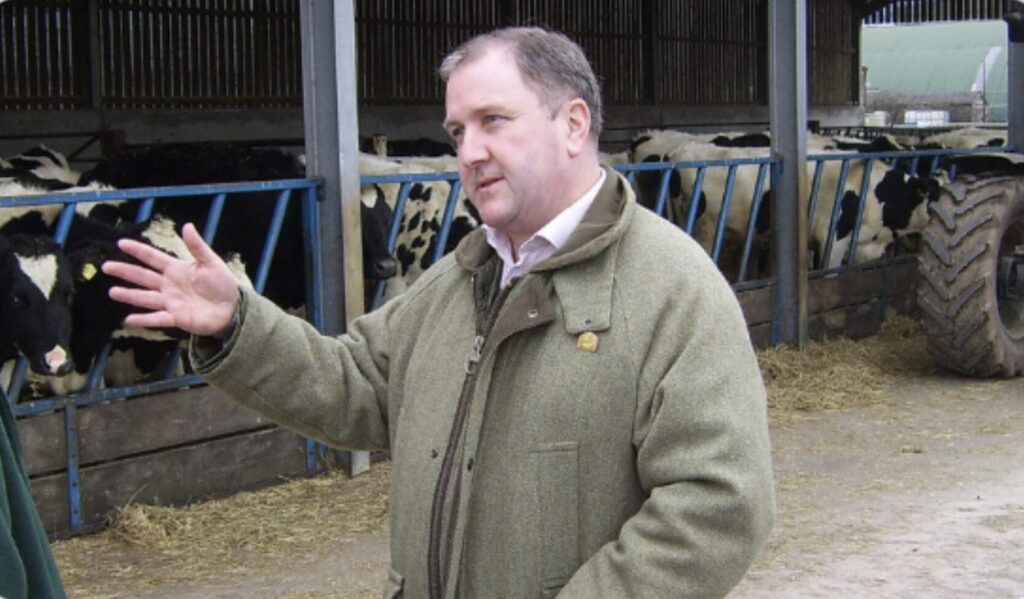Simon Hoare plays pivotal role in securing the funding boost, aiming to alleviate financial strains on Dorset and Somerset councils

On 12th January, 46 Members of Parliament jointly signed an open letter to the Prime Minister and Levelling Up Secretary, demanding ‘additional funding for local government’. The letter, titled ‘Impact of the Autumn Statement on County and Unitary Council Finances’, highlighted the challenges faced by country and rural areas, and their MPs, with an expected shortfall over the next three years of more than £4 billion. Two MPs from the region were signatories of the letter: Chris Loder, MP for West Dorset, and Sarah Dyke, MP for Somerton and Frome.
Following the letter’s publication, Levelling Up Secretary Michael Gove and Local Government Minister Simon Hoare, who is MP for North Dorset, announced a £600 million funding boost for councils in England.
According to another local MP’s aide, Simon Hoare has been fundamental in securing this funding package, which will benefit both Dorset Council and Somerset Council. It is estimated that the allocation could be between £4m and £5m for each local authority.
Speaking exclusively to The BV, Simon Hoare says: ‘Coming from a local government background and seeing the great work Dorset Council does for local communities drove me in working to help secure extra funding. I know every penny will be used to benefit communities and deliver the services that local people need. It’s the largest uplift from provisional to final settlement ever – and I am delighted to have had a hand in delivering it.’

Where it’s going
The main bulk of the support package will see an additional £500 million added to the Social Care Grant to bolster social care budgets. Further details on this will be set out in the incoming Budget, while details on the distribution of the funding will be included in the final Local Government Finance Settlement next month.
The remaining £100m comprises:
- an increase to the Funding Guarantee from 3 to 4 per cent
- £15m for the Rural Services Delivery Grant
- £3m for authorities with Internal Drainage Boards
- additional funding for the Isle of Wight and the Isles of Scilly,with the remainder distributed through the Services Grant.
This will be welcome news for our region’s MPs, who have been campaigning for the recognition of rural areas. It was only in November last year that Chris Loder and Sarah Dyke led debates on the topic of rural councils. The £15m increased funding through the Rural Services Delivery Grant for rural councils is, according to the Government: ‘the largest cash increase since 2018-19 and the second successive year of above-inflation increases’.
The additional £3 million is for local authorities facing high levies from Internal Drainage Boards which help protect residents from flooding. Moreover, the £500m increase in social care funding is in addition to the £1 billion in additional funding announced at Autumn Statement 2022 and in July 2023, to enable councils to continue to provide the crucial social care services for their local communities, particularly for children.
Despite the record level of funding, not everyone is satisfied.
Bill Revans, Leader of Somerset Council, said: ‘Any extra funding is of course welcome – but £5m will not help us overcome a projected budget shortfall of £100million for next year. We still have a broken model of local government finance and social care funding which needs to be addressed. We have explored all options to reduce our gap and it is clear we will need Government approval to increase Council Tax and use capital funding to create a sustainable council.’
Spencer Flower, Leader of Dorset Council, is yet to issue a statement but in his interview with the BV Magazine in November, he said: ‘There’s no recognition from government – the burden of the additional adult social care costs is on us, on the local taxpayers. And it’s huge. It’s £142 million out of our £348 million total budget, and we don’t get any support from government to fund that.’
It is widely expected that the additional funding will be used to address the pressures facing councils and improve performance. The Government has been clear that it should not be put aside for later use or spent on areas that are not a high priority.



